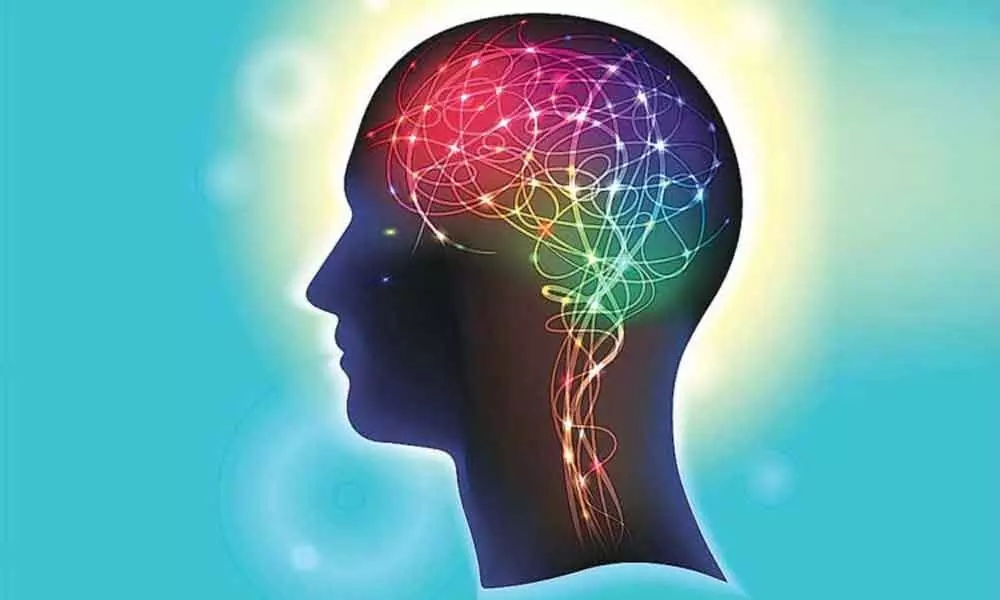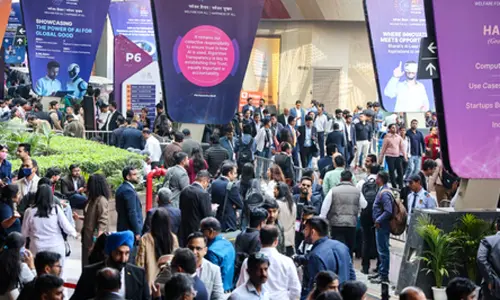Artificial Intelligence-based algorithm to treat brain injury developed

Researchers, including one of Indian-origin, have developed an artificial intelligence (AI) based algorithm that could help doctors treat patients with severe traumatic brain injury (TBI).
Researchers, including one of Indian-origin, have developed an artificial intelligence (AI) based algorithm that could help doctors treat patients with severe traumatic brain injury (TBI).
The algorithms can predict the probability of the patient dying within 30-days with an accuracy of 80-85 percent, said the study published in the journal Scientific Reports.
"A dynamic prognostic model like this has not been presented before. Although this is a proof-of-concept and it will still take some time before we can implement algorithms like this into daily clinical practice, our study reflects how and into what direction modern intensive care is evolving", said Indian-origin researcher and study author Rahul Raj from Helsinki University Hospital in Finland.
Traumatic brain injury is a significant global cause of mortality and morbidity with an increasing incidence, especially in low-and-middle income countries.
The most severe TBIs are treated in intensive care units (ICU), but in spite of the proper and high-quality care, about one in three patients dies.
This is why researchers at Helsinki University Hospital (HUS) started to develop an artificial intelligence (AI) based algorithm that could help doctors treat patients with severe TBI.
At its best, such an algorithm could predict the outcome of the individual patient and give objective data regarding the condition and prognosis of the patient and how it changes during treatment.
"We have developed two separate algorithms. The first algorithm is simpler and is based only upon objective monitor data. The second algorithm is slightly more complex and includes data regarding the level of consciousness, measured by the widely used Glasgow Coma Scale score," said study researcher Eetu Pursiainen.
As expected, the accuracy of the more complex algorithm is slightly better than for the simpler algorithm.
"Still, the accuracy of both algorithms is surprisingly good, considering that the simpler model is based upon only three main variables and the more complex upon five main variables", Pursiainen said.
In the future, the algorithms still have to be validated in national and international external datasets, the researchers concluded.








